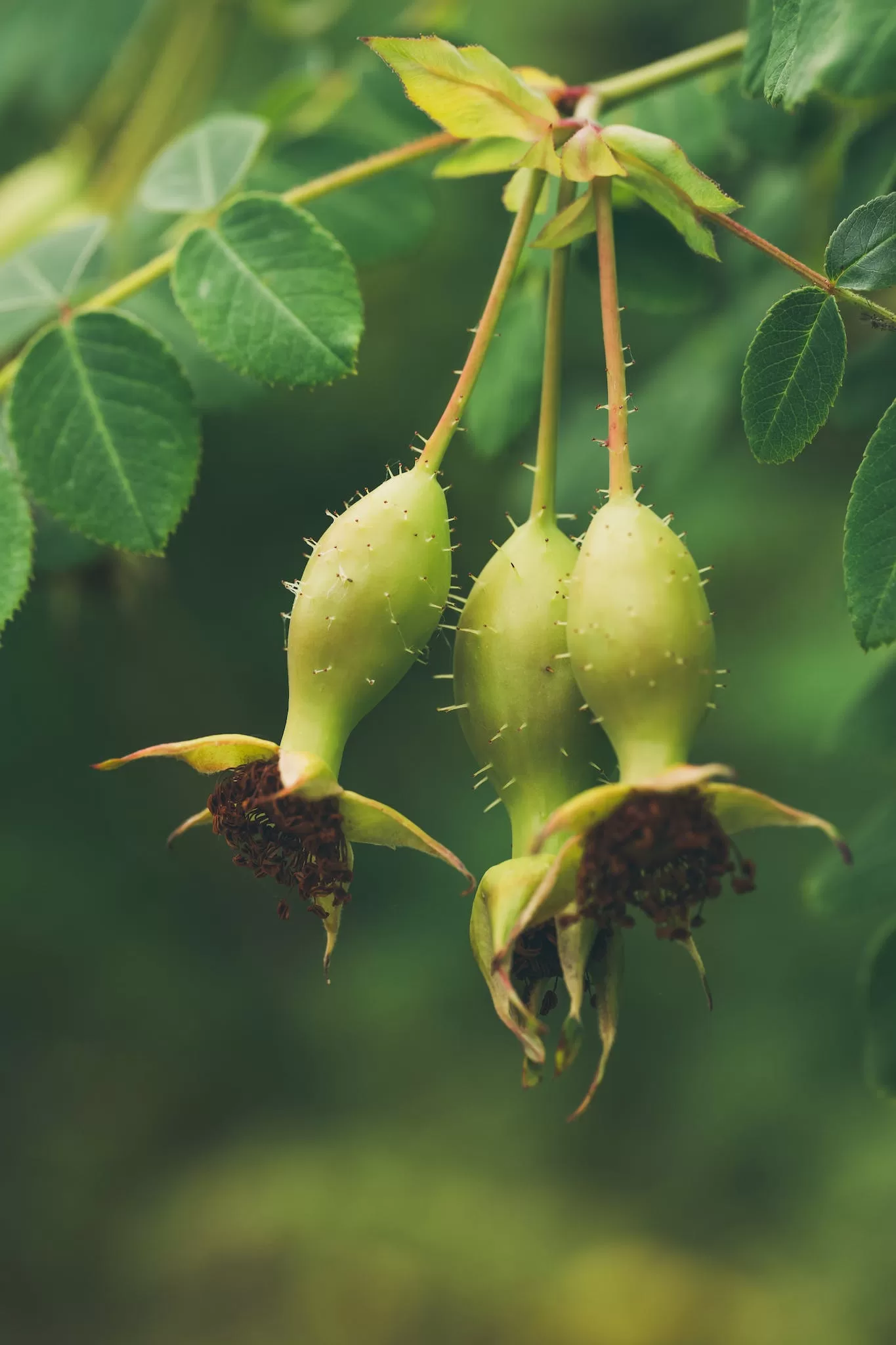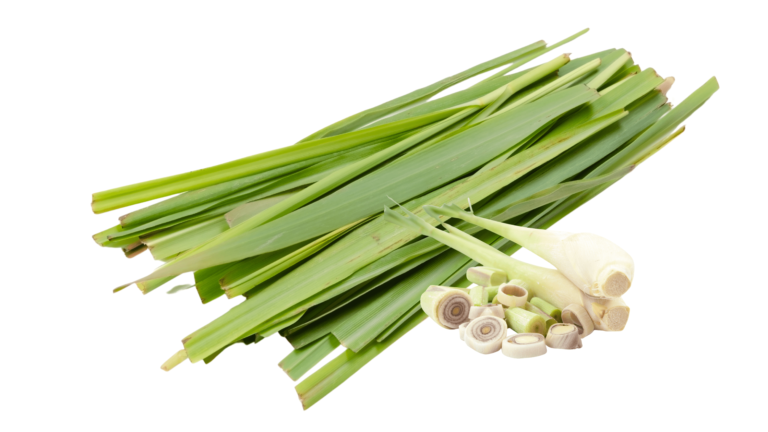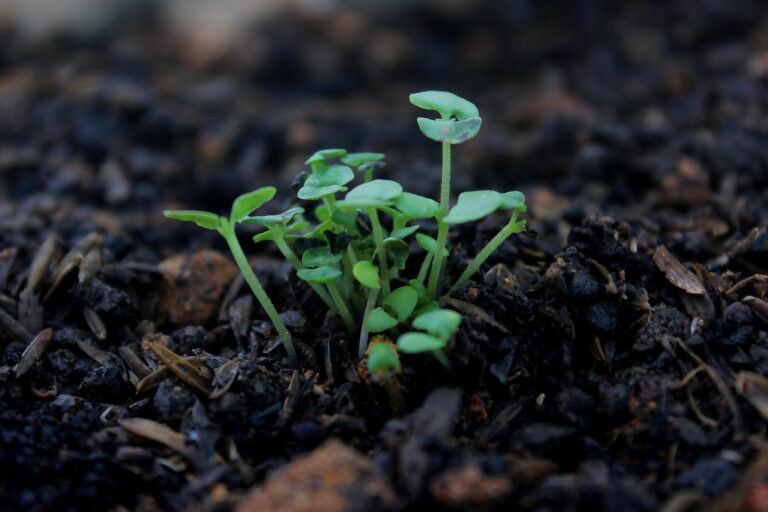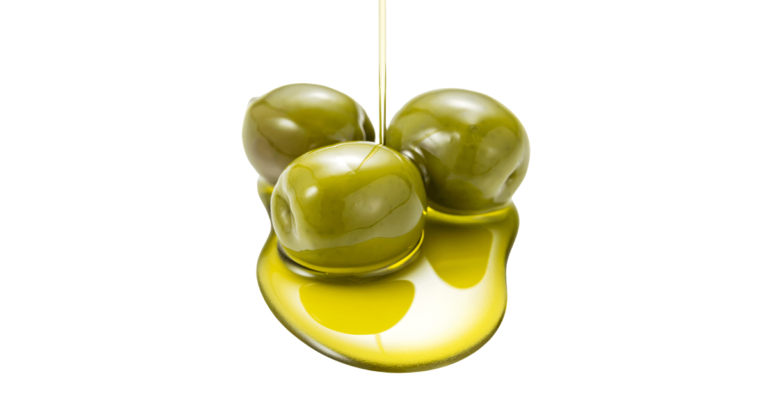Benefits of Rose Water A Hypnotic: Sleep, Brain, Heart
The benefits of Rose water, derived from “Rosa Damascena,” has been traditionally associated with multiple therapeutic effects such as antioxidant, anti-ageing, anti-inflammatory, and relaxation.
It is also linked to anti-diabetic and diuretic properties. Additionally, “Rosa Damascena” is known for its potential as a hypnotic, which are substances that induce sleep or reduce anxiety through their influence on olfactory receptors and senses of smell and taste.
Key Points In This Article
This article explores the uses and benefits of rose water made from Rosa Damascena, also known as Damask rose. It also delves into the bioactive compounds associated with its therapeutic effects, related case studies that help understand why, and its use in traditional sciences.
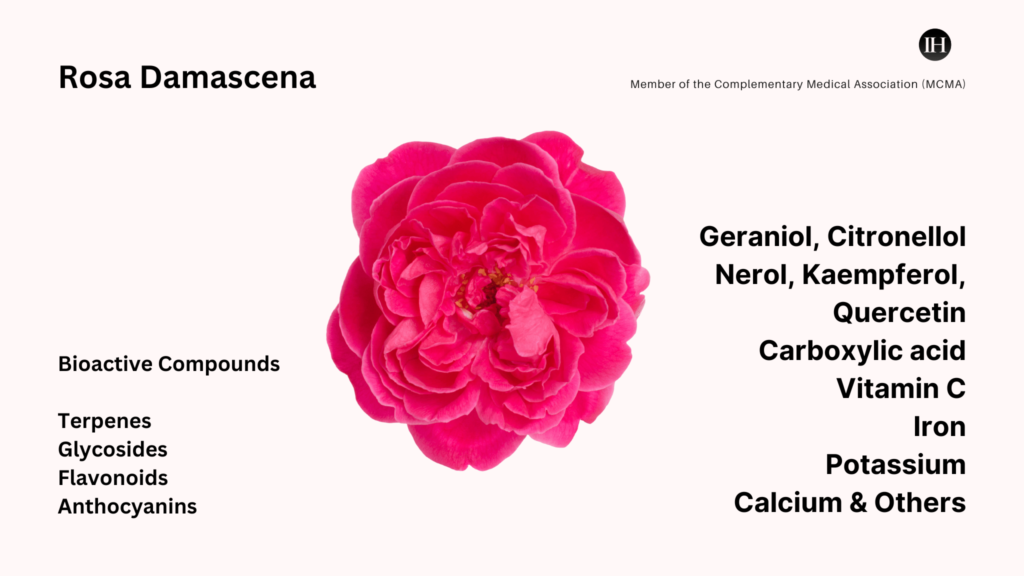
Benefits Of Rose Water & Roses
The use and benefits of rosewater have been well-documented throughout history and roses are well-known worldwide.
Roses are from the Genus Rosa – Rosaceae family of plants, and there are an estimated 200 species in the world (Wang et al., 2022).
For centuries, rose water has been used for therapeutic purposes due to the fragrant aromas of flowering plants. The scent is often associated with intoxication or hypnosis and is particularly popular in the Middle East and South Asia.
Pure Rose Water
Rosewater is produced by steeping rose petals in distilled water.
Steeping rose petals in water releases essential oils and natural fragrance. The resulting liquid can be used for various purposes after straining.
Types of Rose In Rosewater
The rose used to produce a particular type of rosewater varies.
As a result, the bioactive constituents of a particular rosewater can significantly differ depending on its intended use, which affects its therapeutic properties and effects.
Here are some types of roses Used For Several properties:
- Damask Roses – Used for their anti-inflammatory and antioxidant properties.
- French Roses – Known for their calming and relaxing effects.
- Bulgarian Roses – Used for their ability to increase blood circulation and promote skin health.
- Alba Roses – Used for their antibacterial properties and to soothe skin irritations.
- Tea Roses – Used for their astringent and toning properties.
- Rugosa Roses – Known for their high vitamin C content and ability to relieve stress.
- Centifolia Roses – Used for their calming and antidepressant effects.
- Gallica Roses – Known for their anti-inflammatory and antiseptic properties.
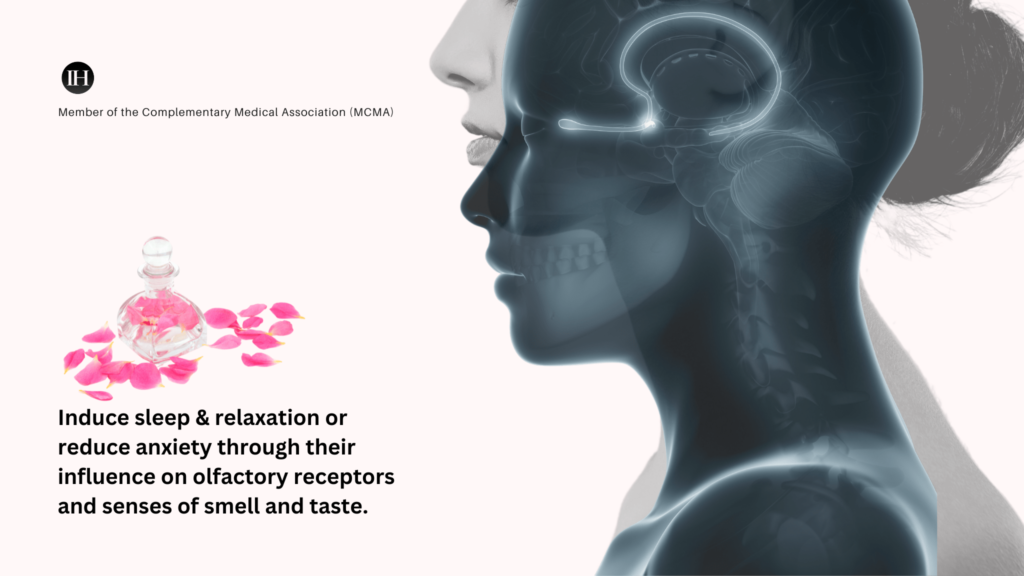
Therapeutic Properties Of Rose Water
Subsequently, roses, are recognised for several phytotherapeutic actions because of the components found in the plant’s organs.
For instance, according to Wang et al.’s research in 2022;
- The Cherokee rose was found to have a total flavonoid content of roughly 80.5%, higher than that of Rosa canina, Rosa rugosa, and Rosa roxburghii, based on a colorimetric method and chemical reactions.
Furthermore, Boskabady et al. (2011) found that rose water from Rosa Damascena (Damask Rose) has several pharmacological effects and identified them as follows:
- Anti-anxiety
- Anti-depressant
- Anti-inflammatory properties
- Helps the digestive and respiratory systems
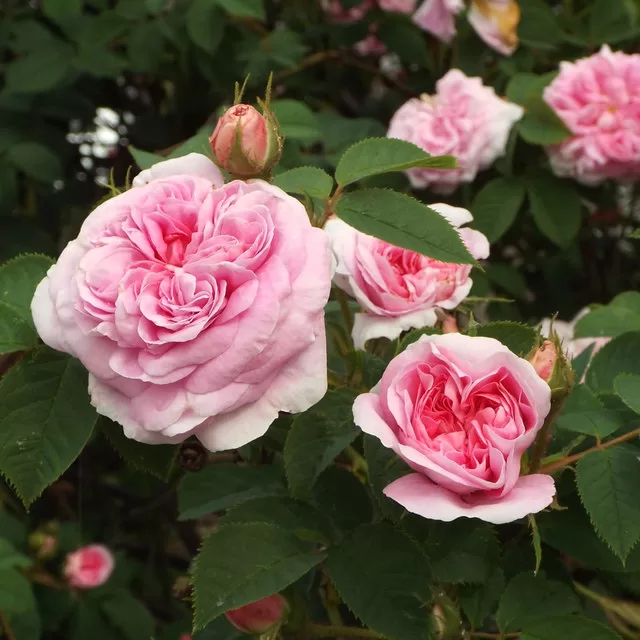
Rosa Damascena “Damask Rose” & Its Rose Water
The Rosa Damascena (Rosa damask, Damask rose) is particularly noteworthy for its therapeutic advantages among different roses.
Its fragrant and delicate petals uplift mood and promote relaxation, making it common in aromatherapy.
The Damask rose, which is closely related to Rosa moschata, called Desi Gulab in India, has several Ayurvedic uses such as a dietary coolant and anti-depression effects.
Here Are Some Physical Characteristics Of Damask Rose
- Rosa Damascena is a deciduous shrub that can grow up to 2.2 meters in height.
- The Rosa Damascena plant has sharp thorns covering its stems. It features pinnate leaves with 5-7 oval-shaped, serrated leaflets.
- Rosa Damascena produces fragrant pink or light red flowers with 5 petals, which bloom in late spring or early summer.
- The flowers have a sweet, floral scent and are used in rose oil and rose water.
- The fruit of Rosa Damascena is a round, red or orange rosehip, which contains seeds and is used in herbal teas and jams.
Important Aromatic Characteristics of Damask Rose
The scent of damask roses is truly mesmerising. It has a rich and complex aroma, including sweet, floral, and citrusy notes. The sweetness of the fragrance is both refreshing and invigorating.
However, the aroma also has intoxicating and alluring qualities, leaving a lingering, comforting, and uplifting sensation behind.
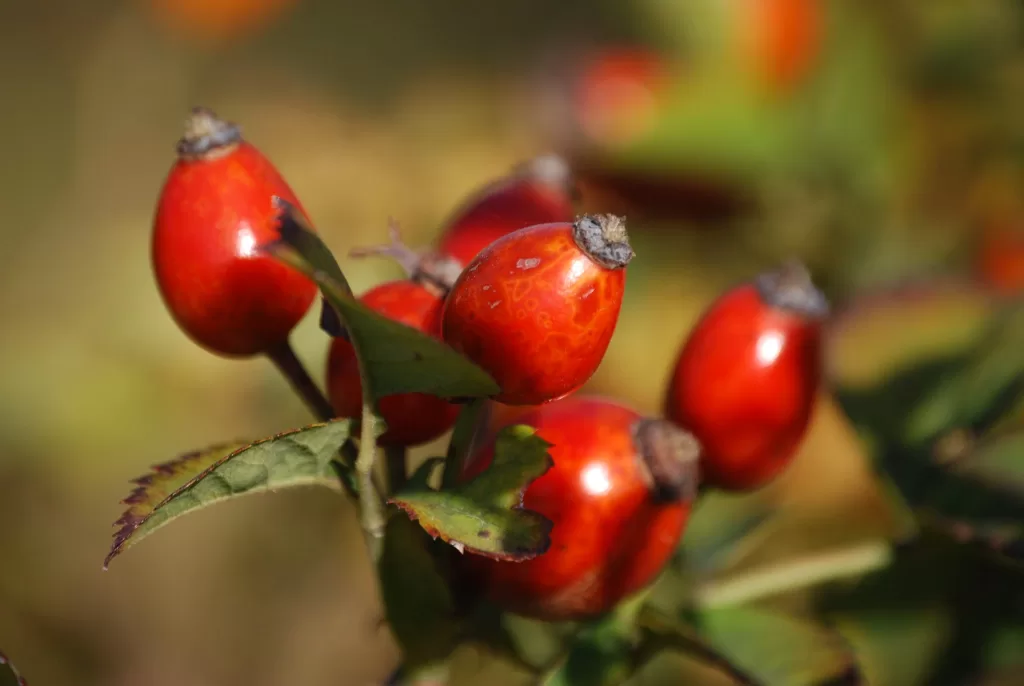
Damascena Rosa “Damask Rose” Origins
According to several reputable sources, the damask rose originated in the Middle East, particularly in Damascus, Syria.
Countries like Bulgaria, Turkey, Iran, and India primarily cultivate the Damask rose due to their ideal growing conditions for this delicate flower.
Rose oil production is a major industry in these countries, with Bulgaria exporting the largest amount of rose oil worldwide.
Additionally, smaller quantities of Damask rose are grown in other parts of the world, including Morocco, Egypt, France, and Italy.
Plant Organs Used In Rose Therapeutics
The parts or organs of the damask rose that are used for their therapeutic properties include:
- Flower heads
- Petals
- Hips (seed pot) or rosehips
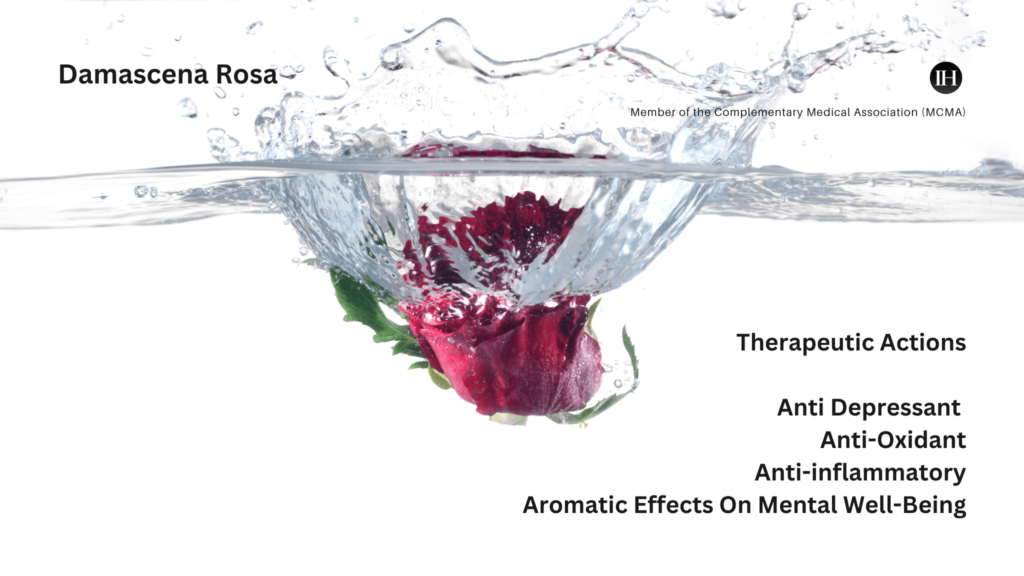
Bioactive Compounds In Damascena Rosa
Damask rose is recognised for its anti-inflammatory, antimicrobial, and antioxidant properties.
This plant contains several phytochemical compounds, including geraniol and citronellol, which have important pharmacological implications.
Further, the “Pharmacological Effects of Rosa Damascena” by Boskabady et al. suggests;
“Several components have been isolated from different parts of Rosa Damascena, including terpenes, glycosides, flavonoids, and anthocyanins.
The plant also contains carboxylic acid, myrcene, vitamin C, kaempferol, quercetin, bitter principle, tanning matter, fatty oil, and organic acids.”
Examples Of Compounds
Damascena Rose floral water, also known as rose water or floral distillate, contains four constituents. The primary compound is geraniol, followed by citronellol, phenyl ethyl alcohol, and nerol.
In 2007, Loghmani-Khouzani et al. discovered over 95 macro-and micro-components in the essential oil of Damascena Rosa from the Kashan region;
- Eighteen compounds made up over 95% of the total oil.
- The oil’s significant components were β-citronellol, nonadecane, geraniol, and nerol, with kaempferol also being a significant component.
In another study, the major compounds in rose oil as phenyl ethyl alcohol (an organic compound) include citronellol, nonadecane, and geraniol, with ethanol and heneicosane also present in smaller amounts.
Primarily, roses contain phenyl ethyl alcohol, citronellol, nerol, and geranial.
Micronutrients Of Damascena Rosa
Similarly, apart from therapeutic compounds, the parts of Damascena Rosa also contain certain micronutrients, which can be helpful to well-balanced dietary sources.
For instance, Kumar, Kaur, Joshi, and Kumar (2017), titled “Rosa Damascena: Quality Evaluation and Process Optimization for the Development of Rose Syrup” (ResearchGate), found that 100 grams of fresh Damask petals contain the following nutritional elements.
- Potassium 153.39 mg
- Phosphorus 34.59 mg
- Calcium 13.78 mg
- Copper 1.82 mg
- Iron 1.33 mg
Despite being a source of particular micronutrients, these sources can often be overlooked comparatively.
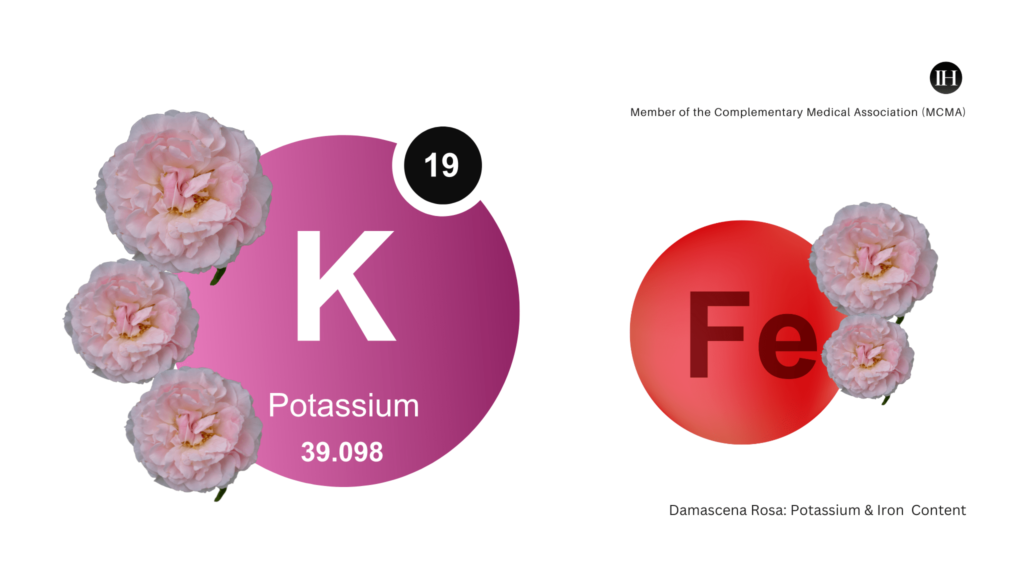
Important Therapeutic Actions Of Damascena Rosa
Damasena Rosa possesses several properties attributed to the plant’s interplay of several bioactive constituents.
In most cases, plant therapeutic effects are not caused by a single constituent but result from several components working together that produce a specific effect on or within the human body.
Consequently, Damask rosewater’s multi-action results from its bioactive compounds values, including flavonoids, terpenes, microelements, and more.
Here are some case studies that acknowledge the therapeutic effects of Damascena Rosa.
Influence On Brain-Friendly Function
Researchers Boskabady, Shafei, Saberi, and Amini (2011) conducted a study on the pharmacological effects of Rosa Damascena. They found that the plant had beneficial effects on brain function, specifically dementia.
The plant showed potential to improve cognitive abilities and reduce symptoms.
In another study, Awale et al. (2009) also studied the neurite outgrowth activity of rose extract. They found that the chloroformic extract (a type of extract) of Damascena Rosa significantly induced “Neurite outgrowth activity while inhibiting amyloid β (Aβ).”
This means promoting nerve cell growth while preventing the accumulation of a protein linked to Alzheimer’s disease.
Aβ is a significant cause of Alzheimer’s disease, and Aβ (25-35) is a fragment of the full Aβ peptide produced in the brain of an individual with Alzheimer’s.
Anti-Stress, Depression & Anxiety
According to Rasooli et al. (2021), Rosa Damascena Mill can help with anxiety, depression, and stress in adults. It has calming effects on the nervous system, which can help alleviate symptoms.
Rasooli et al. (2021) study was a systematic review and dose-response meta-analysis of randomised controlled trials.
The article was published in Phytotherapy research (vol. 35, no. 12), and the DOI is 10.1002/ptr.7243.
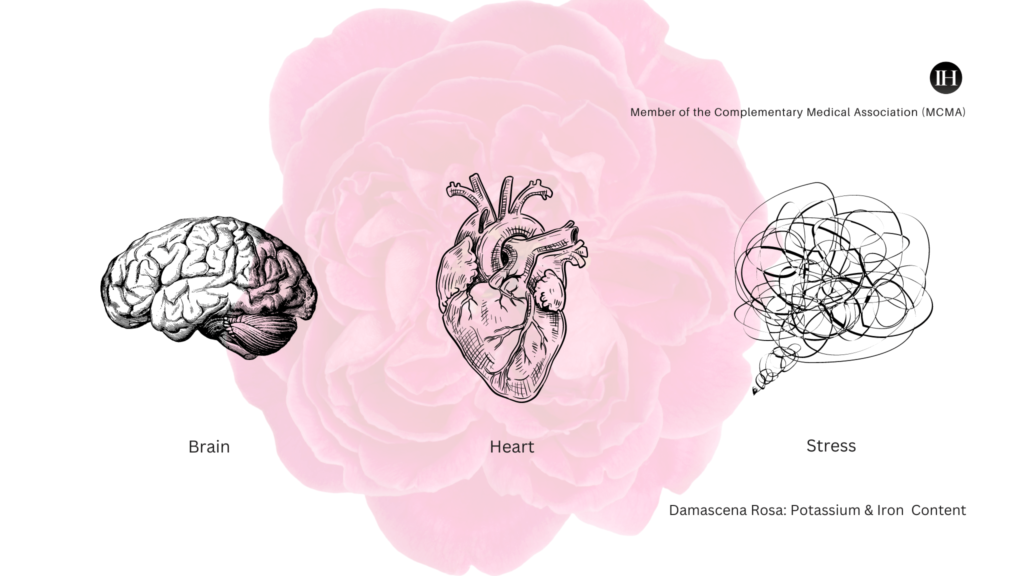
Sleep Quality & Calming (Hypnotic)
Similarly, the researchers Mahdood, Imani, and Khazaei conducted a randomised controlled trial in 2022 to examine the effects of inhalation aromatherapy with Damascena Rosa (Damask Rose).
The trial investigated the impact of the COVID-19 pandemic on the anxiety and sleep quality of operating room staff over 30 consecutive nights.
- During the first aromatherapy session, the facilitator gave each participant a prepared dropper containing 150 drops of paraffin or damask rose oil.
- The researchers instructed the participants to apply five drops of the product onto a 10 x 10 cm cloth napkin using the provided dropper, resulting in a total of 0.34 mL of the product.
- The instructions given to the participants were to attach a napkin to the side of their pillow with a pin. They were instructed to ensure that the napkin was kept approximately 20 cm away from their nose. The napkin was to be left in place for around 8 hours, starting from 10:00 pm until 6:00 am.
The results indicated a greater reduction in anxiety for the participants who received damask rose oil compared to those who received the placebo as the intervention progressed.
Flavonoid: Roxyloside A & Heart
According to a study conducted by Eun Kyung et al. in 2010, Damascena Rosa, a common ingredient in Korean food products such as tea, contains a new flavonoid glycoside known as roxyloside A, as well as four other known compounds.
Flavonoids can improve cardiovascular health by inhibiting HMG-CoA reductase and ACE enzymes, which contribute to cardiovascular diseases.
Damask Rose & The Eyes
In 2011, Boskabady and his colleagues conducted a study to assess the impact of Ophthacare®, a herbal eye drop preparation containing a range of herbs such as R. damascena, on patients who were suffering from various ophthalmic disorders, including conjunctivitis, conjunctival xerosis, acute dacryocystitis, degenerative conditions, and postoperative cataract.
The Ayurvedic system of medicine has traditionally used these herbs due to their anti-inflammatory and anti-infective properties.
The results showed that most cases improved after receiving the herbal eye drop treatment, indicating that Ophthacare® is useful in managing various infective, inflammatory, and degenerative ophthalmic disorders.
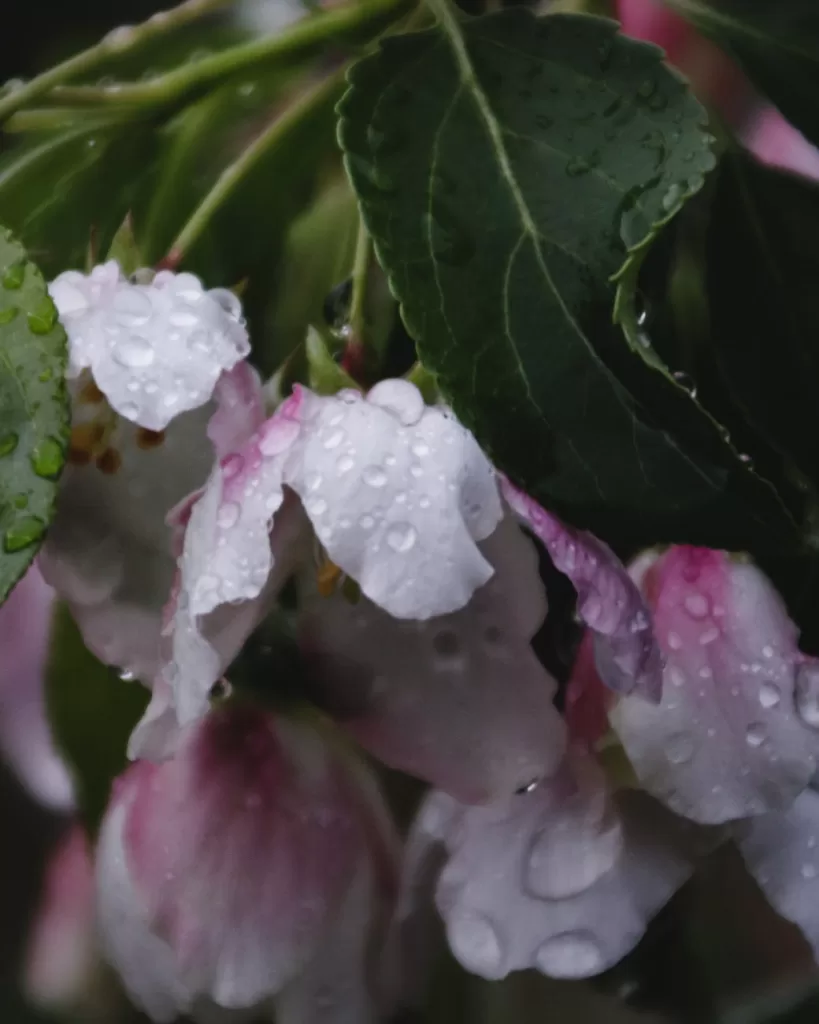
The next section of this article, examines in an overview the rich symbolism and emotional significance of the Damask Rose.
Symbolic & Emotive Value Of Damascena Rosa
Damask rose water is highly valued in Middle Eastern spiritual practices for its symbolic and expressive values, such as purity, aiding meditation, and positive effects.
The emotive value of a natural substance means that it can evoke strong emotions and feelings in individuals.
Furthermore, the colour range of the Damask rose is typically pink or light pink, which signifies love, purity, and relaxation.
| Love | Purity | Meditative & Spiritual | Calm & Relax |
| Soothing | Uplifting | Holy | Refreshing |
Common Methods Of Using Damascena Rosa
There are various ways in which you can use Damask Rose. Its suitability depends on individual health status.
- Hydrating Drink: Organic Damask rose water is consumed as a tonic by adding 2-3 drops to a glass of water. It may help with digestion and reduce inflammation. Suitability depends on individual health status.
- Spritz or Spray: Rosewater is used for stress relief and sleep promotion. It is mixed with water and used as a room or face spray to create a calming effect.
- Hydrotherapy & Steam: Rose water or essential oil is used for hydrotherapy baths and water steam to improve mental well-being.
Ayurvedic Use Of Rosa Damascena Or Desi Gulab
Lastly, in Ayurvedic sciences, Damask rose water balances the fire element called Pitta within the body.
According to Ayurvedic sciences, Pitta is one of the three doshas or elements that govern the human body. It is responsible for regulating metabolism, digestion, and other heat-related functions.
When Pitta becomes imbalanced, it can lead to a range of physical and emotional symptoms, including inflammation, irritability, and anger. Rose acts as a coolant because of its balancing properties.
According to Easy Ayurveda, the rose plant has many therapeutic properties. It is used as a cardiac tonic, promoting healthy skin and for male reproductive well-being.
It can be consumed as a rosewater drink to quench thirst, alleviate depression, and aid sleep.
Summary
To summarise, the therapeutic benefits of rosewater are manifold, encompassing stress relief, improved sleep quality, enhanced brain functioning, and mood elevation.
Notably, the efficacy of these benefits may vary depending on the type of rose utilised, with Rosa Damascena exhibiting pronounced potency in promoting specific therapeutic actions.
Ayurveda suggests Rose is a coolant and can be helpful in vitiated Pitta issues as well as uplift mental states.
Studies suggest Damascena Rosa compounds aid brain function, reduce stress, and improve mood.
Suitability & Precautions
Precautions and personal responsibility are crucial. Check the suitability of rosewater in general and for pregnant women, individuals with allergies, and individuals with chronic health concerns. Seek the advice of a professional to make an informed choice.
This post is for informational purposes only and does not constitute professional advice.
Reference & online sources in this article:
RHS: https://www.rhs.org.uk/plants/33926/rosa-damascena-(d)/details
Boskabady MH, Shafei MN, Saberi Z, Amini S. Pharmacological effects of rosa damascena. Iran J Basic Med Sci. 2011 Jul;14(4):295-307. PMID: 23493250; PMCID: PMC3586833.
Mahboubi M. Rosa damascena as holy ancient herb with novel applications. J Tradit Complement Med. 2015 Oct 30;6(1):10-6. doi: 10.1016/j.jtcme.2015.09.005. PMID: 26870673; PMCID: PMC4737971.
Eu, Wei Zheng et al. “The effect of nerve growth factor on supporting spatial memory depends upon hippocampal cholinergic innervation.” Translational psychiatry vol. 11,1 162. 15 Mar. 2021, doi:10.1038/s41398-021-01280-3
Rasooli, Taravat et al. “Rosa Damascena mill for treating adults’ anxiety, depression, and stress: A systematic review and dose-response meta-analysis of randomized controlled trials.” Phytotherapy research : PTR vol. 35,12 (2021): 6585-6606. doi:10.1002/ptr.7243
Wang Y, Zhao Y, Liu X, Li J, Zhang J, Liu D. Chemical constituents and pharmacological activities of medicinal plants from Rosa genus. Chin Herb Med. 2022 Mar 31;14(2):187-209. doi: 10.1016/j.chmed.2022.01.005. PMID: 36117670; PMCID: PMC9476647.
Akram, Muhammad et al. “Chemical constituents, experimental and clinical pharmacology of Rosa damascena: a literature review.” The Journal of pharmacy and pharmacology vol. 72,2 (2020): 161-174. doi:10.1111/jphp.13185
Kwon, Eun-Kyung et al. “Flavonoids from the buds of Rosa damascena inhibit the activity of 3-hydroxy-3-methylglutaryl-coenzyme a reductase and angiotensin I-converting enzyme.” Journal of agricultural and food chemistry vol. 58,2 (2010): 882-6. doi:10.1021/jf903515f
Biswas, N R et al. “Evaluation of Ophthacare eye drops–a herbal formulation in the management of various ophthalmic disorders.” Phytotherapy research : PTR vol. 15,7 (2001): 618-20. doi:10.1002/ptr.896
Easy Ayurveda: https://www.easyayurveda.com/2016/05/30/benefits-remedies-rose-essential-oil/#vernacular_names

